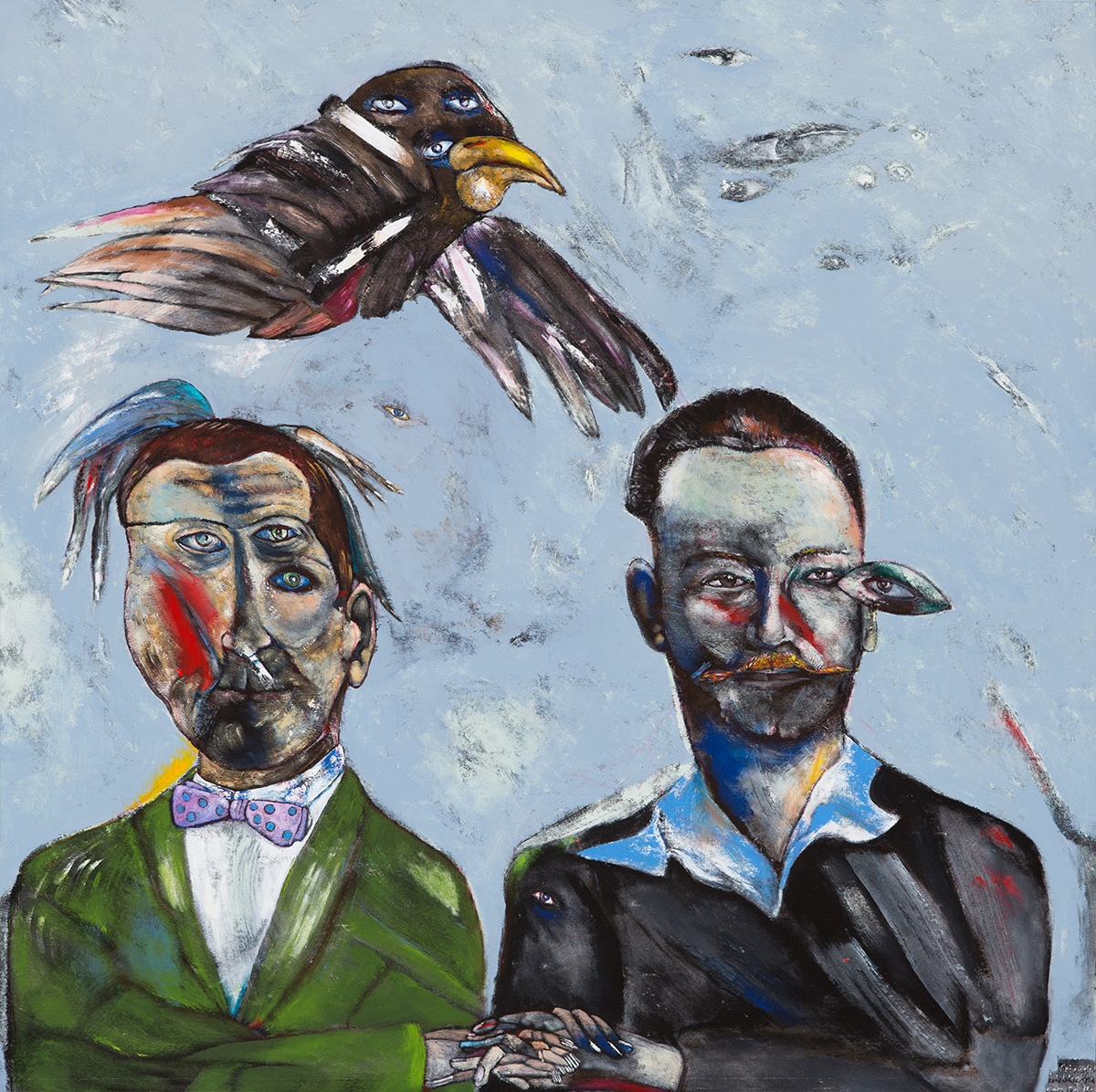Sumangala Damodaran, author of The Radical Impulse, speaks candidly with her friend Ari Sitas (with whom she has collaborated on a number of musical and academic projects) about his latest collection of poems, The Vespa Diaries published by SAHO Cape Town in late 2018.
Personal Information
Nicodemus Kgoathe
Died:
February 4, 1969
(Natural causes)
Personal Information
Jundea Tubukwa,
Died:
September 11, 1968
(Suicide by hanging)
Personal Information
Ngeni Gaga
Died:
May 9, 1965
in Transkei
(Natural causes)
Mr Ngeni Gaga,aged 19,died under Transkei Proclamation R400 of 1960 on 9th May 1965 . Mr Gaga had been detained in the Transkei less than 24 hours earlier.At the inquest the official cause of death was given as natural causes.
Personal Information
James Tyita
Died:
January 24, 1964
in Port Elizabeth
(Suicide by hanging)
Mr James Tyita died on 24 January 1964 after being detained in Port Elizabeth.He was detained under the 90-day detention law.The official cause of death was suicide by hanging.He was reportedly found in his cell hanged with his scarf.The period of detention was undisclosed.
Preface
Friends for Life painting by Breytenbach

Friends for Life (Acrylic on canvas) by Breytenbach (born 1939)
Three Faces by Eric Mbatha

Three Faces (charcoal on paper) by Eric Mbatha (born 1948)
Morris Zwi was born in South Africa and later moved to the United Kingdom. He began working in social documentary photography through his need to 'bear witness' and to record what was happening around him as he grew up in South Africa, under the abhorrent Apartheid political system.